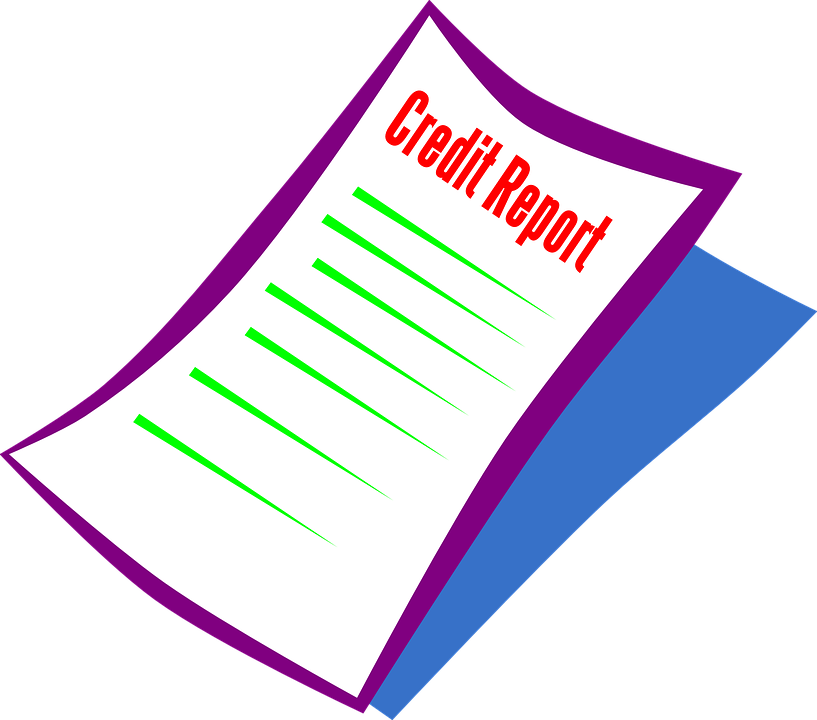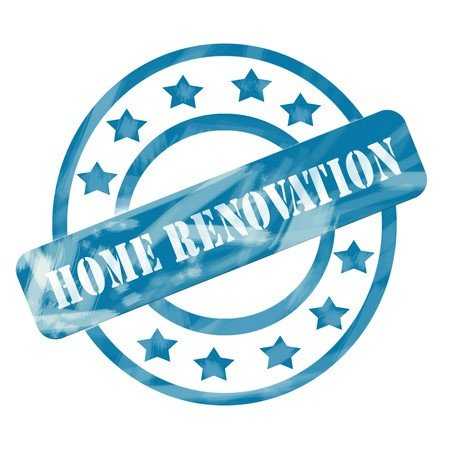Before you apply for a mortgage, you should always check your credit score. This will help you know whether you have good, fair or poor credit, and give you an
Many homebuyers are aware of VA loans and FHA loans, and know that if they are eligible for these programs, they could save them money. But not as many homebuyers
July 12, 2018
6 Options to Pay for a Home Renovation
Did you buy your dream home 10, 15, 20, or more years ago? Unfortunately, after many years, home buyers often discover their dream home isn’t that dreamy any more. And,




